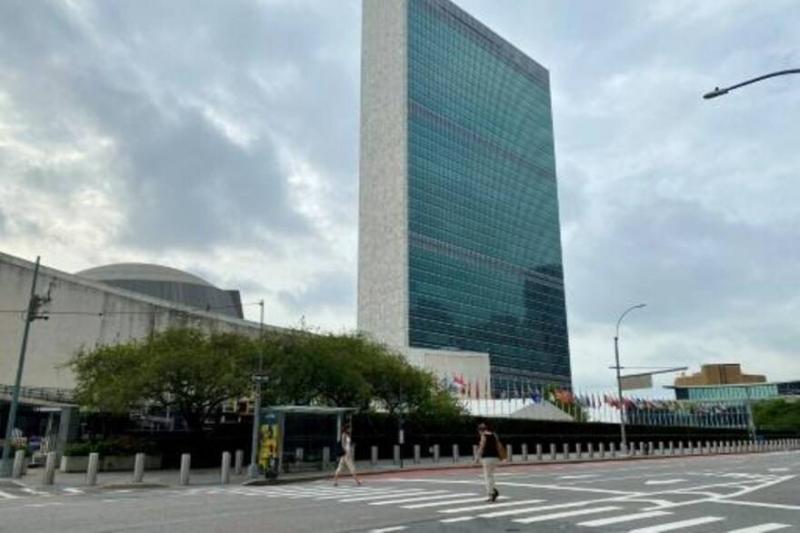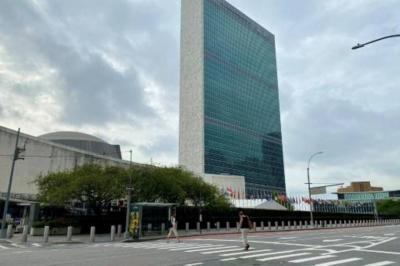The UN Security Council adopted a resolution on Monday calling on the Taliban to uphold their "commitments" to allow for the "safe" departure of all those wishing to leave Afghanistan, without demanding a safe zone proposed by France to continue humanitarian operations. Thirteen out of the 15 member states of the UN Security Council voted in favor of the resolution drafted by the United States, France, and the United Kingdom, while China and Russia abstained from the vote.
China stated that the current situation in Afghanistan is a "direct result of a hasty and disorganized withdrawal" of Western forces. Russia expressed regret that the drafters of the resolution did not consider its concerns about "brain drain" resulting from the evacuation of Afghans who worked with foreign governments or the previous Western-backed administration. It also pointed to the "detrimental effects" of the financial asset freeze on Afghanistan decided by the West following the Taliban's takeover.
The Security Council stated in its resolution that it "expects" the Taliban to meet all their "commitments," particularly regarding the "safe" and "orderly" departure from Afghanistan of "Afghan citizens and foreign nationals" after the U.S. withdrawal which was authorized on Tuesday. In contrast, the resolution does not mention a "safe zone" or protected area that French President Emmanuel Macron indicated on Sunday that Paris and London would call for at the UN to allow, in particular, the continuation of "humanitarian operations."
Macron stated that establishing this area would "provide a framework for the UN to act urgently and will allow everyone to face their responsibilities and enable the international community to continue pressuring the Taliban." Nevertheless, the Élysée welcomed the resolution, stating, "We got what we asked for, which is necessary to make the airport a safe place for those wishing to leave Kabul," while expressing regret at Russia and China’s abstention.
In response to questions from journalists, UN diplomats on Monday explained that the idea was not about creating a "protected area" in the strict sense, but about obliging the Taliban to fulfill their promises to allow "safe passage" for those wanting to leave the country. One diplomat told reporters that "this resolution is not about operations; it is about fundamental principles and political messaging."
Richard Gowan, a UN expert from the International Crisis Group, noted that the resolution "at least sends a political message to the Taliban about the need to keep the airport open and assist the UN in delivering aid." However, he told AFP that the "text is very light" overall and that "Macron erred in emphasizing the idea of a protected area at Kabul Airport or did not express it very clearly."
The Security Council reiterated in the resolution the importance of "respecting human rights, including the rights of women, children, and minorities," and "encouraged" finding a "comprehensive" political solution with "meaningful" participation of women. It also "demanded" that Afghan territory not be used "to threaten or attack" other countries, nor to harbor "terrorists."




